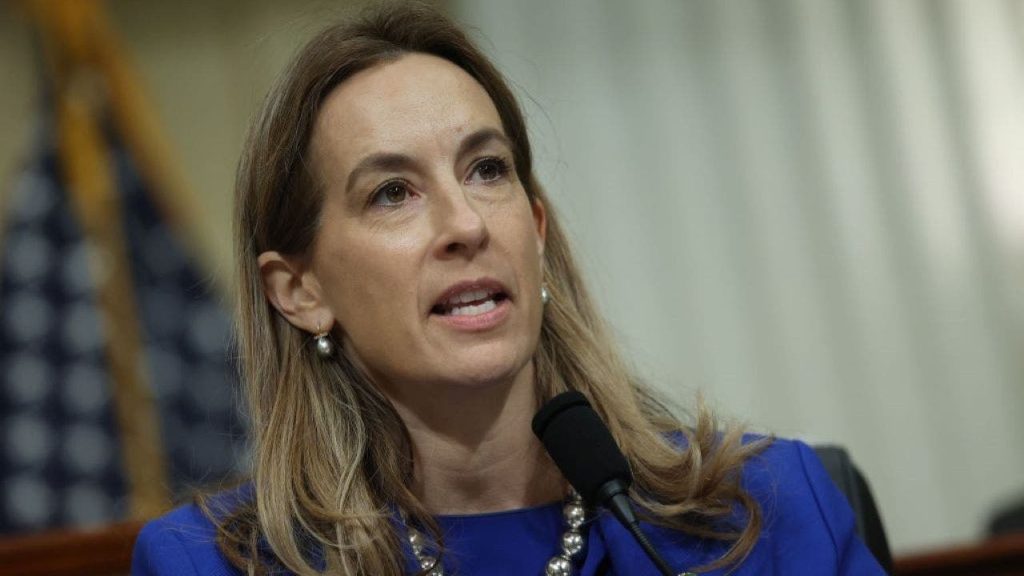Rep. Mikie Sherrill, a Democrat from New Jersey, criticized New York’s implementation of a new congestion pricing tax for commuters. She argued that the tax unfairly targets New Jersey commuters and will increase costs, traffic, and pollution in New Jersey. Sherrill vowed to fight to mitigate the impact of the tax by encouraging businesses to relocate to New Jersey and promoting remote work opportunities. She is running for governor in New Jersey this year.
Despite efforts by New Jersey officials to block the implementation of the congestion tax on grounds of not investigating environmental impacts, the tax went into effect on Sunday. A federal judge ruled that there was no basis to delay the toll, and the MTA praised the ruling, emphasizing the potential benefits of congestion pricing. The program, which has been studied for five years, is aimed at improving traffic conditions in New York City and generating revenue to modernize transit infrastructure.
Congestion pricing is expected to generate significant revenue to improve New York’s transit infrastructure. However, it has faced criticism from New Jersey officials and commuters who believe the tax unfairly burdens those driving in from outside of New York City. Some commuters may face daily charges of up to $22, on top of existing tolls for Port Authority crossings. President-elect Donald Trump has expressed plans to block the program once he takes office later this month.
Sherrill’s opposition to the congestion pricing tax highlights the concerns of New Jersey commuters who will be affected by the changes. The tax has sparked controversy, with some arguing that it is necessary to alleviate traffic congestion in New York City. Sherrill’s focus on protecting New Jersey residents from additional financial burdens and negative impacts on traffic and pollution aligns with her campaign promises and efforts to improve conditions for workers in the state.
As a candidate in the New Jersey gubernatorial race, Sherrill’s stance on the congestion pricing tax reflects her commitment to advocating for the interests of New Jersey residents. She continues to push for measures that would address issues related to commuting, traffic, and environmental impacts, while also working to attract businesses to the state and promote remote work opportunities. The implementation of the congestion tax highlights the ongoing debate over transportation policies and funding mechanisms in the region, as well as the challenges faced by commuters traveling between New Jersey and New York City.


